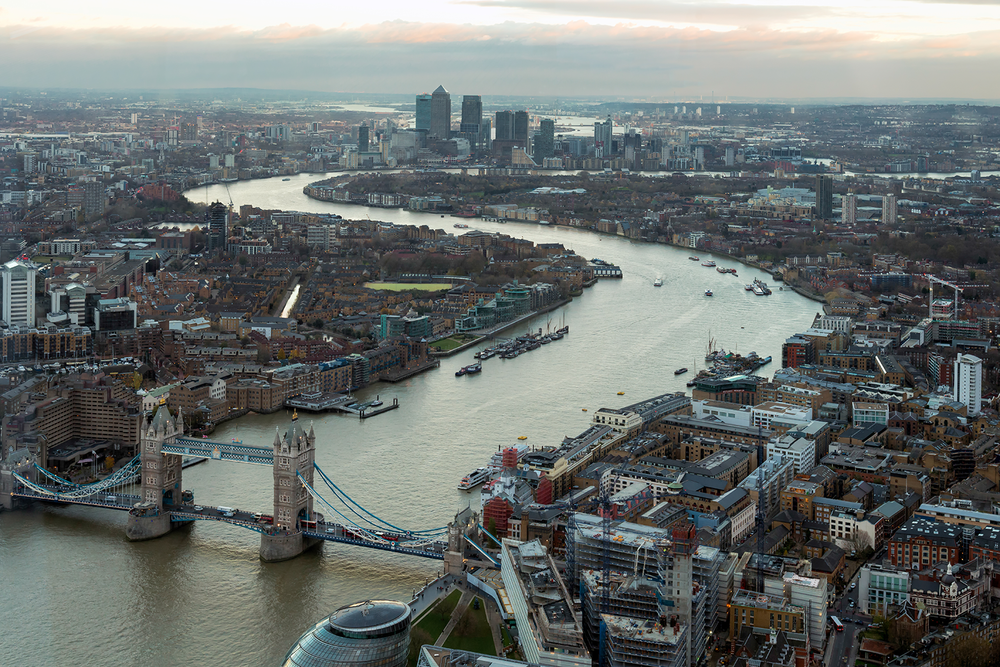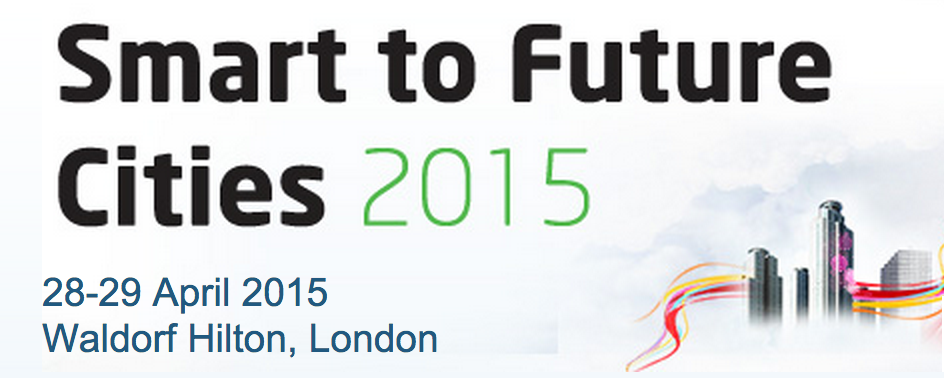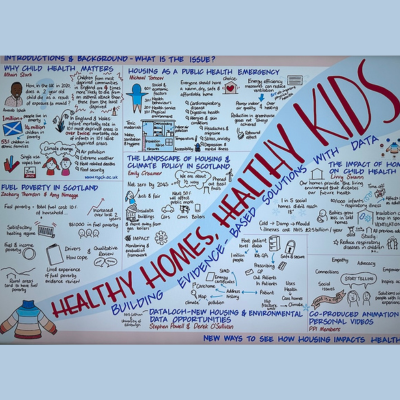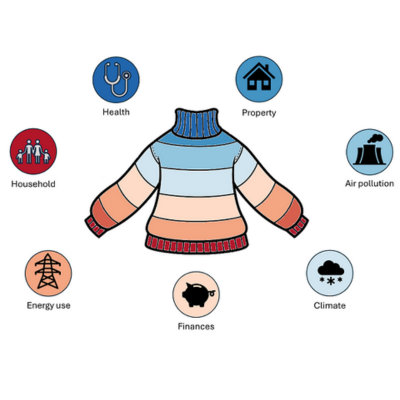A few years ago when I attended Smart Cities events the majority of the delegation were there to ‘find out more’ or ‘understand what it all meant.’

I am pleased to report that the majority now attend to tell people about their Smart City projects.
Big or small, citizen led or technology based from Amsterdam to Glasgow, Bristol to India there is a knowledge of Smart Cities and the tangible presence of a professional Smart Cities Community. OVUM 2015 brought together practitioners from across the globe and across the myriad of services now required to create our modern built environments making them competitive in a global market.

Sharing ideas and bringing different expertise together to network are the real strengths of an event like this but I was also impressed by the quality, veracity and variety of the innovative solutions being deployed.
We are seeing developments in the old ‘silos’ of operation maximising the use of technology to expand beyond their historic remit such as Smart Waste (Santander), Smart Parking (Copenhagen) and Smart Lighting (Glasgow City Council) solutions that not only interact with the user but understand their context within wider networks such as transportation and energy.
As well as the sectorial advancements the Conference highlighted top down strategic developments including the importance of vision, leadership and governance as well as standards and finances. Both Colin Birchenall from Glasgow City Council and Paul Wilson of Bristol is Open illustrated how their cities are delivering world leading solutions which realise the importance of all these top down factors but my impression was that the single greatest asset these cities have is the will to do it differently.
To paraphrase Joe Dignan’s simple but excellently observed point, ‘to attract innovation and funding Cities need to start by doing something’.
The role of data and its importance was also well documented. Data enables new and up to the minute knowledge and interactions between organisations and citizens. Data sharing can be beneficial for all parties involved creating intelligence, improving operations and services and delivering true engagement. The role of Open Data was also given its rightful place. Andrew Collinge from the Greater London Authority outlined the positive virtues but quite rightly indicated that we all must improve this offering. At UrbanTide we feel ‘Open Data 2.0’ which provides intelligence and analytics off the back of open data provision is that next step.
Most importantly we heard how all this impacts on the people. Ger Baron of Amsterdam talked of the next wave of Smart Cities being ‘Social Cities’ and I think this is paramount. The ‘City’ for want of a better term needs to understand the citizen and vice versa. It is after all the Citizen who is at the heart of the Smart City and their Quality of Life which is the real barometer of success, not a range of technical indicators such as 4G coverage, although admittedly that helps!
If there was one criticism of the event itself it would be the lack of a twitter hash tag which is perhaps an analogy for where Smart Cities need to concentrate their efforts too. Although the twitteratti found a way to engage with each other regardless of the lack of top down assistance (a simple twitter hash tag in this case) this did not create an engaged community between organisers and attendees. A true Smart City needs to find a way for engagement as the real benefits will be realised when the Smart City and the Smart Citizen meet at a point to create the Smart Community.






